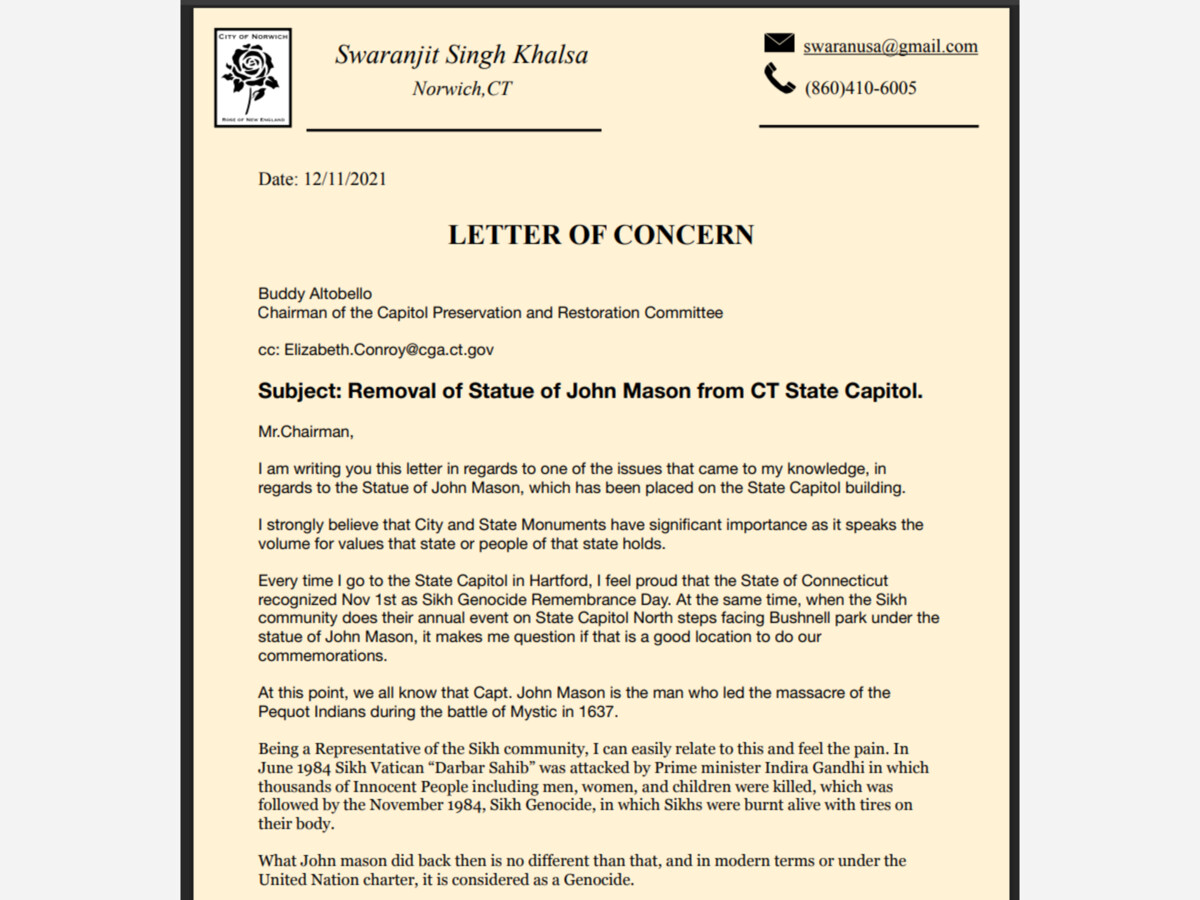Image


https://www.cga.ct.gov/cprc/docs/20211118/more/Singh,%20Swarnjit.pdf
The name John Mason echoes through the early history of colonial America, inextricably linked with the tragic events of the Pequot War. To understand his role, we must delve into the complex and often brutal dynamics between English settlers and the native tribes of the Connecticut River Valley, particularly the powerful Pequot.
By the 1630s, English colonists were increasingly encroaching on Pequot territory. Land disputes, competition for resources like fur, and differing cultural understandings created a volatile environment. The Pequot, a formidable tribe who had asserted dominance over neighboring groups, viewed the growing English presence with suspicion and hostility.
Tensions escalated into violence. While historical accounts are often filtered through the lens of the colonizers, it's undeniable that Pequot warriors engaged in raids and attacks on English settlements. These actions, fueled by a desire to protect their land and way of life, resulted in the deaths of settlers and instilled fear throughout the fledgling colonies.
It's within this context that John Mason emerges as a key figure. A military man with experience in the Netherlands, Mason arrived in the Massachusetts Bay Colony in 1630 and later became a prominent leader in the Connecticut Colony. He was a staunch advocate for the expansion of English settlements and believed decisive action was necessary to subdue the Pequot threat.
Here, the narrative becomes particularly complex with the introduction of Uncas, the sachem (chief) of the Mohegan tribe. The Mohegan, once part of the larger Pequot confederation, had broken away and were rivals of the Pequot. Recognizing the strategic advantage of an alliance, Mason forged a friendship and military partnership with Uncas.
This alliance proved crucial in the ensuing Pequot War. In 1637, Mason led a combined force of English soldiers and Mohegan and Narragansett warriors in a devastating attack on the main Pequot fortified village near the Mystic River. The brutal assault resulted in the deaths of hundreds of Pequot men, women, and children, effectively breaking the back of the tribe's power.
The role of John Mason in the Pequot War remains a deeply controversial topic. To the English settlers, he was a hero who secured their safety and paved the way for further colonization. However, to the Pequot and their descendants, he is a symbol of the violent dispossession and near-annihilation of their people.
Following the Pequot War, John Mason became a significant figure in the early development of the Connecticut Colony. In **1647**, he assumed command of **Saybrook Fort**, which was strategically important as it controlled the main trade and supply route to the upper Connecticut River Valley. Saybrook Colony itself was established in **1635** at the mouth of the Connecticut River by English settlers, including individuals with Puritan leanings, seeking economic opportunity and, for some founders, potential political refuge. Mason's leadership at Saybrook further solidified English control in the region.
Years later, in **1659**, John Mason, along with his son-in-law Reverend James Fitch and a group of settlers primarily from Saybrook, **founded the town of Norwich**. They purchased a tract of land "nine miles square" from the Mohegan Sachem Uncas. The initial settlement was located around what is now Norwichtown Green. Mason played a key role in establishing the civil and religious foundations of this new community.
**It is within this fraught historical context, encompassing both the brutal conflict of the Pequot War and Mason's later role in establishing Norwich, that a recent action by a Norwich councilman Swaranjit Singh raises serious concerns and appears utterly appalling.** Using official City letterhead, this elected official has reportedly made a formal request related to the legacy and historical interpretation of John Mason and the Pequot War.
Link to document: https://www.cga.ct.gov/cprc/docs/20211118/more/Singh,%20Swarnjit.pdf?fb…
This action is deeply troubling for several reasons.
Firstly, it injects the authority and perceived endorsement of the City of Norwich into a historically sensitive and emotionally charged issue. The Pequot War and its consequences are not merely historical facts; they are a painful part of the identity and heritage of the Pequot Tribal Nation, whose reservation lies within this region.
Secondly, the use of City letterhead suggests an official stance on a matter where neutrality and respect for all historical perspectives are paramount. For an elected official to seemingly leverage their position and the city's imprimatur to influence the narrative of such a tragic event is a significant overreach. It risks alienating and disrespecting a vital part of the community and undermines the city's responsibility to represent all its residents fairly.
Furthermore, the specific nature of the councilman's request, given the history of violence and dispossession, warrants intense scrutiny. Was the request aimed at glorifying Mason, downplaying the suffering of the Pequot, or attempting to control the historical narrative in a way that benefits a particular viewpoint? Without transparency, such actions breed suspicion and distrust.
The use of official City resources for what appears to be a personal agenda regarding a contentious historical interpretation sets a dangerous precedent. It blurs the lines between an elected official's personal opinions and the official position of the city, potentially causing significant harm to community relations and historical reconciliation efforts.
The legacy of John Mason and the Pequot War demands careful consideration, sensitivity, and a commitment to understanding all sides of the story, acknowledging his complex role in both conflict and settlement. For a Norwich councilman to seemingly exploit their official capacity to influence this narrative is not only appalling but a serious ethical and political concern that requires immediate attention and public discourse. The residents of Norwich, including the Pequot community, deserve transparency and accountability regarding this deeply troubling action.